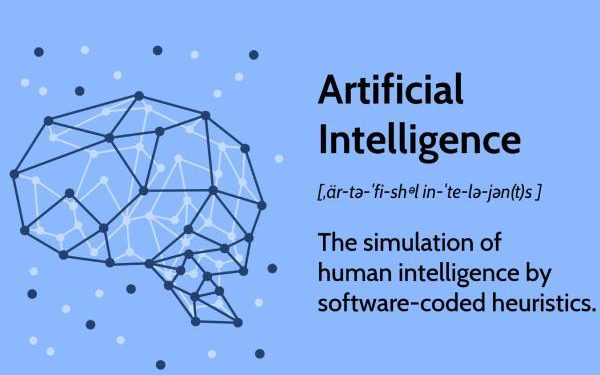In an era where technology continues to reshape every aspect of our lives, one sector facing eminent danger is education.
In this special report, TVC News Correspondent Olaide Oyewole examines how the use of Artificial Intelligence it is revolutionizing the learning process for students and educators.
The world is at the feet of technology.
A new frontier is now being explored — the realm of Artificial Intelligence popularly called AI.
The history of Artificial Intelligence started in the 1950s, a time when the idea of machines emulating human intelligence took root.
It was an era of groundbreaking ideas as scientists like Alan Turing and John McCarthy laid the foundation for what we now call AI.
They focused on symbolic logic and reasoning systems, aiming to create machines that could simulate human thought processes.
Today, AI is all around us, seamlessly becoming part of our daily lives. Reshaping industries, healthcare, arts, finance, Education and enhancing efficiency, accuracy, and decision-making.
In education — the emergence of Artificial Intelligence is now a tool for enhancing the learning experience across classrooms thereby redefining the way students learn and educators teach.
To showcase the capabilities of this innovation, I decided to request ChatGPT to assist me in solving a certain problem.
Shocked? I went further into art to request AI to create an image of myself, and voila!
=YOUR AI IMAGE SHOWN===
But, I didn’t use ChatGPT this time; I utilized a dedicated AI application for the task.
So, how aware and knowledgeable are students in Nigeria on the use of AI in education, and to what extent has it influenced their learning experiences?
Interestingly, yet painful, Students now get their school homework done using AI chat-boxes, like Chat GPT, Bing AI, Chatsonic among others also known as virtual assistants.
These apps utilize advanced algorithms and natural language processes to interact with users in a conversational manner.
Prof. Solomon Akinola is a lecturer of Computer science at the university of Ibadan. He believes there is no limitation to what the innovation can do as, it has come to stay.
While we tackle the issue of originality of content and plagiarism, what are the possibilities that Artificial Intelligence will result in job displacement and contribute to unemployment at some point?
As Artificial Intelligence continues to shape the landscape of education and other fields, its potential benefits and challenges leaves us with an intriguing question as to what exactly does the future holds for learning in Nigeria and the world in general?





